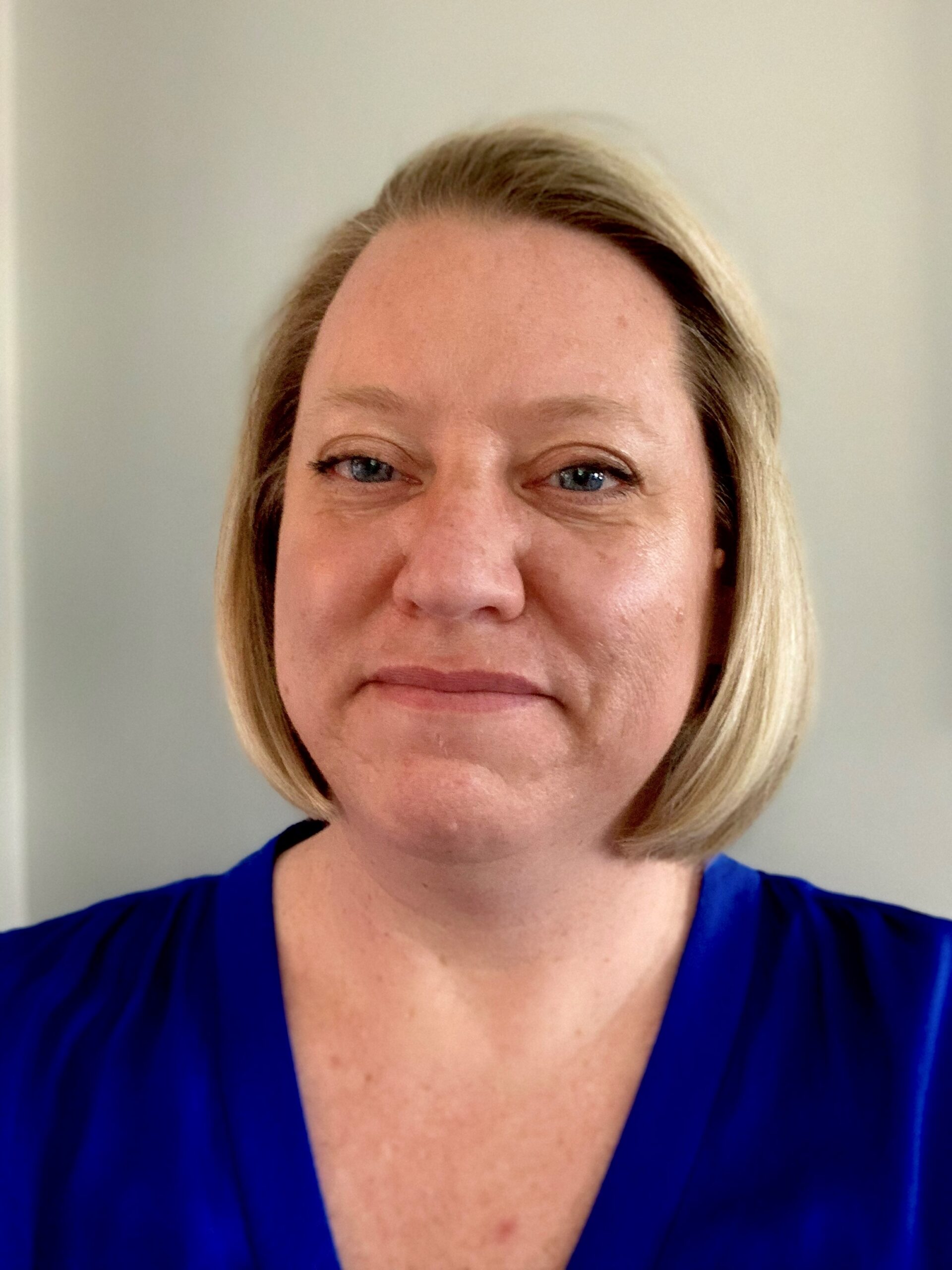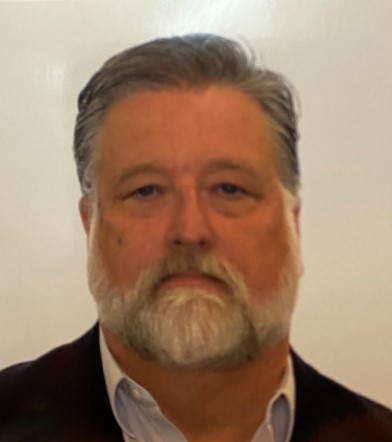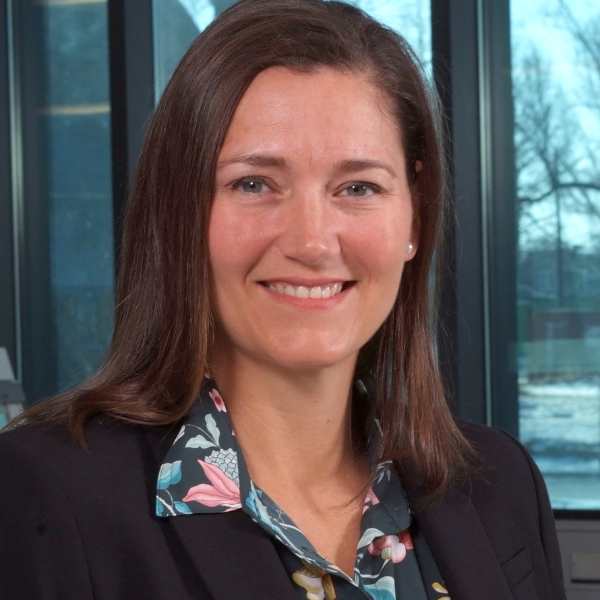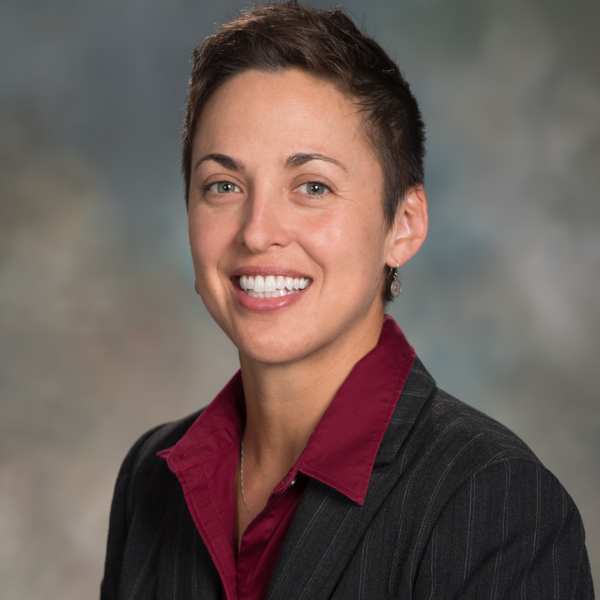Chair
Niki Osborne
Forensic Research Scientist | Project Management Support, National Institute of Standards and Technology (Contractor)
Dr. Niki Osborne specializes in understanding and improving human factors issues in forensic evidence interpretation and presentation. Her primary research focus has been on the role of contextual information and potential for cognitive and contextual bias and in bloodstain pattern analysis. From this research, she has developed practical methods to manage contextual information for bloodstain pattern analysis in the laboratory and at the crime scene.








